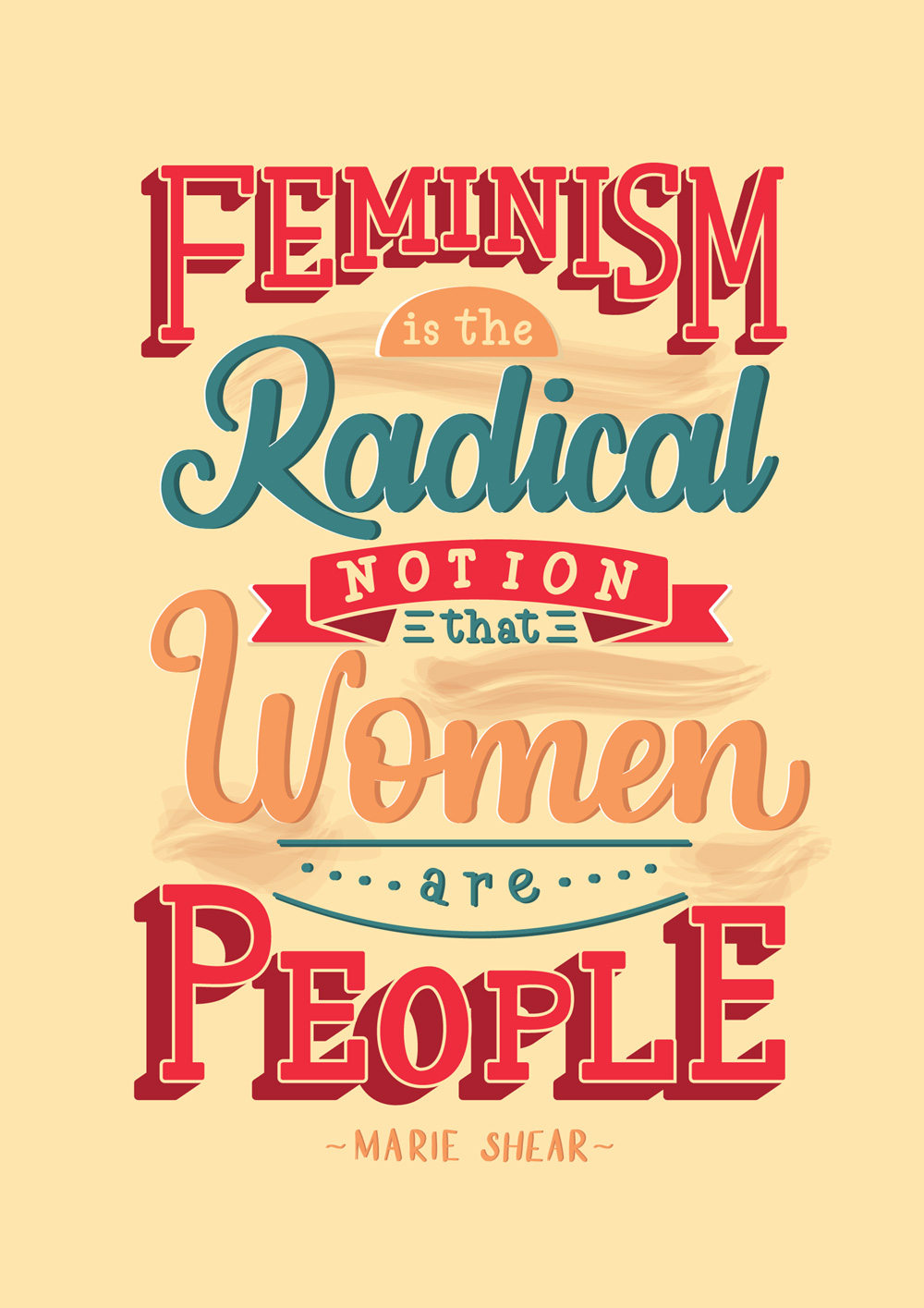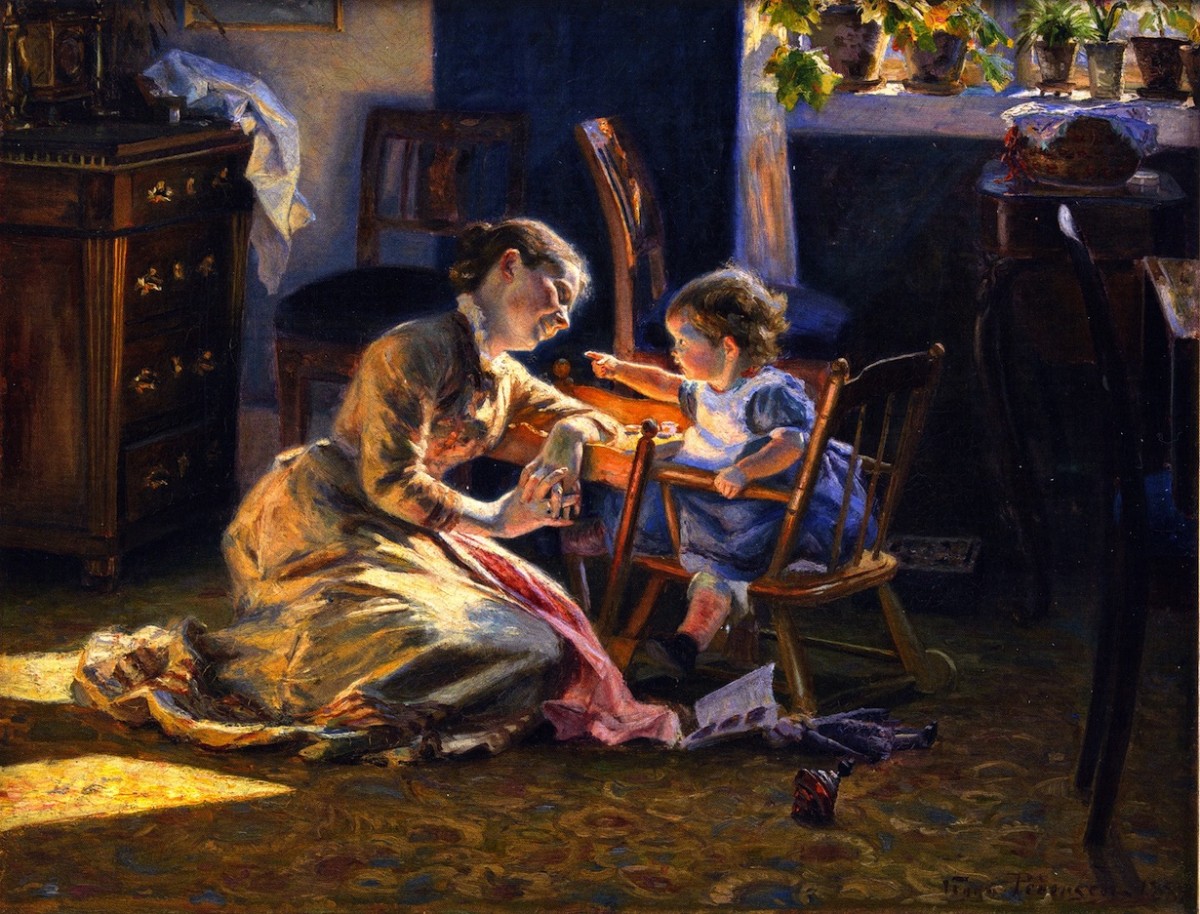Carrie Mae Weems is a renowned African American photographer who has made a significant impact in the art world with her series called The Kitchen Table Series. This series explores themes of identity, domesticity and feminism through intimate and powerful photographs. As a black woman living in America, Weems’ work is deeply rooted in her own experiences and struggles, making it relatable and thought-provoking for audiences around the world.After Carrie Mae Weems: The Kitchen Table Series
Carrie Mae Weems was born in Portland, Oregon in 1953 and grew up in a working-class family. She studied dance and later turned to photography, using it as a medium to express her thoughts and experiences as an African American woman. Weems’ work often challenges societal norms and addresses issues of race, gender, and class, making her one of the most influential contemporary artists of our time.Carrie Mae Weems
The Kitchen Table Series is one of Weems’ most celebrated bodies of work, consisting of 20 black and white photographs taken between 1989 and 1990. The series is a visual narrative, following the daily life of a fictional character named “the woman” as she navigates relationships, motherhood, and her own identity. The woman is portrayed by Weems herself, adding a personal touch to the series.The Kitchen Table Series
Weems’ use of photography in The Kitchen Table Series is not just a means of capturing moments, but a way of telling a story and conveying emotions. Each photograph is carefully composed and staged, with the woman at the center of every frame. Weems’ use of black and white photography adds a timeless quality to the series, allowing the themes and messages to remain relevant even decades after its creation.Photography
As an African American artist, Weems’ work is deeply rooted in her identity and experiences as a black woman. The Kitchen Table Series explores the complexities of being a black woman in America, touching on topics such as racism, discrimination and the struggle for equality. Weems’ use of her own image in the series is a powerful statement, reclaiming the narrative and representation of black women in art.African American
The Kitchen Table Series is a feminist masterpiece, challenging traditional gender roles and societal expectations placed on women. Through her photographs, Weems portrays the woman as a strong and independent figure, defying patriarchal norms and reclaiming her own agency. The series also raises important questions about the intersectionality of race and gender, highlighting the struggles of black women in a male-dominated society.Feminism
Identity is a central theme in The Kitchen Table Series, as the woman grapples with her own sense of self and how she is perceived by others. Weems’ use of the kitchen table as a recurring setting symbolizes the woman’s search for her own identity within the context of domesticity. Through this series, Weems challenges the notion of a fixed identity and highlights the complexities of self-discovery.Identity
The Kitchen Table Series challenges the traditional portrayal of domestic life, often associated with women, as mundane and unimportant. Weems’ use of the kitchen table, a space typically associated with household chores, as a stage for the woman’s emotions and struggles, elevates the domestic sphere and gives it a deeper meaning. This series also sheds light on the often overlooked labor and emotional toll of domestic work.Domesticity
The use of black and white photography in The Kitchen Table Series adds a layer of complexity and symbolism to the images. The absence of color allows the viewer to focus on the emotions and themes being portrayed, rather than getting distracted by the aesthetics. This choice also brings a timeless quality to the series, making it relatable and impactful for generations to come.Black and White
The Kitchen Table Series is a prime example of art as a powerful medium for social commentary and change. Weems’ work challenges societal norms and sheds light on important issues, sparking conversations and raising awareness. The series has been exhibited in galleries and museums around the world, cementing Weems’ place as one of the most influential artists of our time.Art
The Kitchen Table Series: A Powerful Exploration of Identity and Domesticity

The Impact of Carrie Mae Weems's Work on House Design
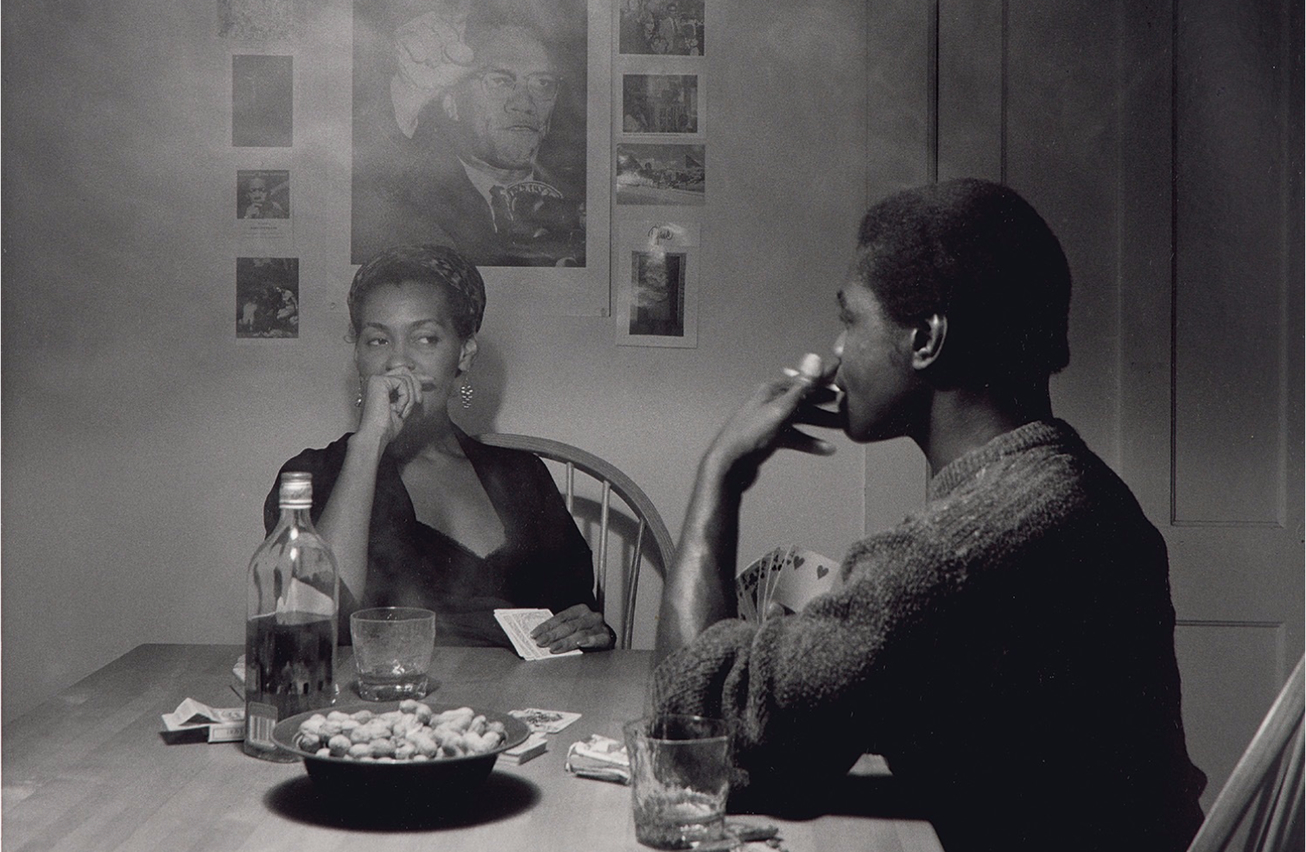 Carrie Mae Weems's groundbreaking photography series, "The Kitchen Table," has had a profound impact on the way we think about house design. Through her powerful images, Weems challenges traditional notions of domesticity and offers a new perspective on how we inhabit and interact with our living spaces.
Identity
is a central theme in Weems's work, and it is evident in "The Kitchen Table" series. The kitchen table, a symbol of the domestic sphere, is used as a backdrop for Weems's exploration of
personal and cultural identities
. In each photograph, we see the artist and her subjects, often family and friends, engaged in everyday activities such as eating, reading, and conversing. However, the seemingly mundane scenes are imbued with deeper meanings as Weems highlights the complexities of identity and how it is shaped by our environment.
One of the most striking aspects of "The Kitchen Table" series is the
intimate and personal
nature of the photographs. Weems's use of a single location, the kitchen table, creates a sense of familiarity and comfort, drawing the viewer into the domestic space. This approach challenges the idea of the home as a private and closed-off space, instead highlighting its role as a site for
community and connection
. This has had a significant influence on house design, as architects and designers have begun to incorporate communal and open spaces into their designs, recognizing the importance of social interaction in the home.
Another key aspect of Weems's work is her
subversion of traditional gender roles
. In "The Kitchen Table" series, we see men and women sharing domestic responsibilities, breaking away from the traditional notion of women as the sole caretakers of the home. This has had a ripple effect on house design, as architects and designers have started to create more
gender-neutral
and inclusive spaces that challenge traditional gender roles and promote equality within the home.
In conclusion, Carrie Mae Weems's "The Kitchen Table" series has had a profound impact on house design. Through her exploration of identity, community, and gender, Weems has challenged traditional notions of domesticity and opened up new possibilities for how we interact with and design our living spaces. Her work serves as a powerful reminder that our homes are not just physical structures, but also reflections of our identities and relationships.
Carrie Mae Weems's groundbreaking photography series, "The Kitchen Table," has had a profound impact on the way we think about house design. Through her powerful images, Weems challenges traditional notions of domesticity and offers a new perspective on how we inhabit and interact with our living spaces.
Identity
is a central theme in Weems's work, and it is evident in "The Kitchen Table" series. The kitchen table, a symbol of the domestic sphere, is used as a backdrop for Weems's exploration of
personal and cultural identities
. In each photograph, we see the artist and her subjects, often family and friends, engaged in everyday activities such as eating, reading, and conversing. However, the seemingly mundane scenes are imbued with deeper meanings as Weems highlights the complexities of identity and how it is shaped by our environment.
One of the most striking aspects of "The Kitchen Table" series is the
intimate and personal
nature of the photographs. Weems's use of a single location, the kitchen table, creates a sense of familiarity and comfort, drawing the viewer into the domestic space. This approach challenges the idea of the home as a private and closed-off space, instead highlighting its role as a site for
community and connection
. This has had a significant influence on house design, as architects and designers have begun to incorporate communal and open spaces into their designs, recognizing the importance of social interaction in the home.
Another key aspect of Weems's work is her
subversion of traditional gender roles
. In "The Kitchen Table" series, we see men and women sharing domestic responsibilities, breaking away from the traditional notion of women as the sole caretakers of the home. This has had a ripple effect on house design, as architects and designers have started to create more
gender-neutral
and inclusive spaces that challenge traditional gender roles and promote equality within the home.
In conclusion, Carrie Mae Weems's "The Kitchen Table" series has had a profound impact on house design. Through her exploration of identity, community, and gender, Weems has challenged traditional notions of domesticity and opened up new possibilities for how we interact with and design our living spaces. Her work serves as a powerful reminder that our homes are not just physical structures, but also reflections of our identities and relationships.

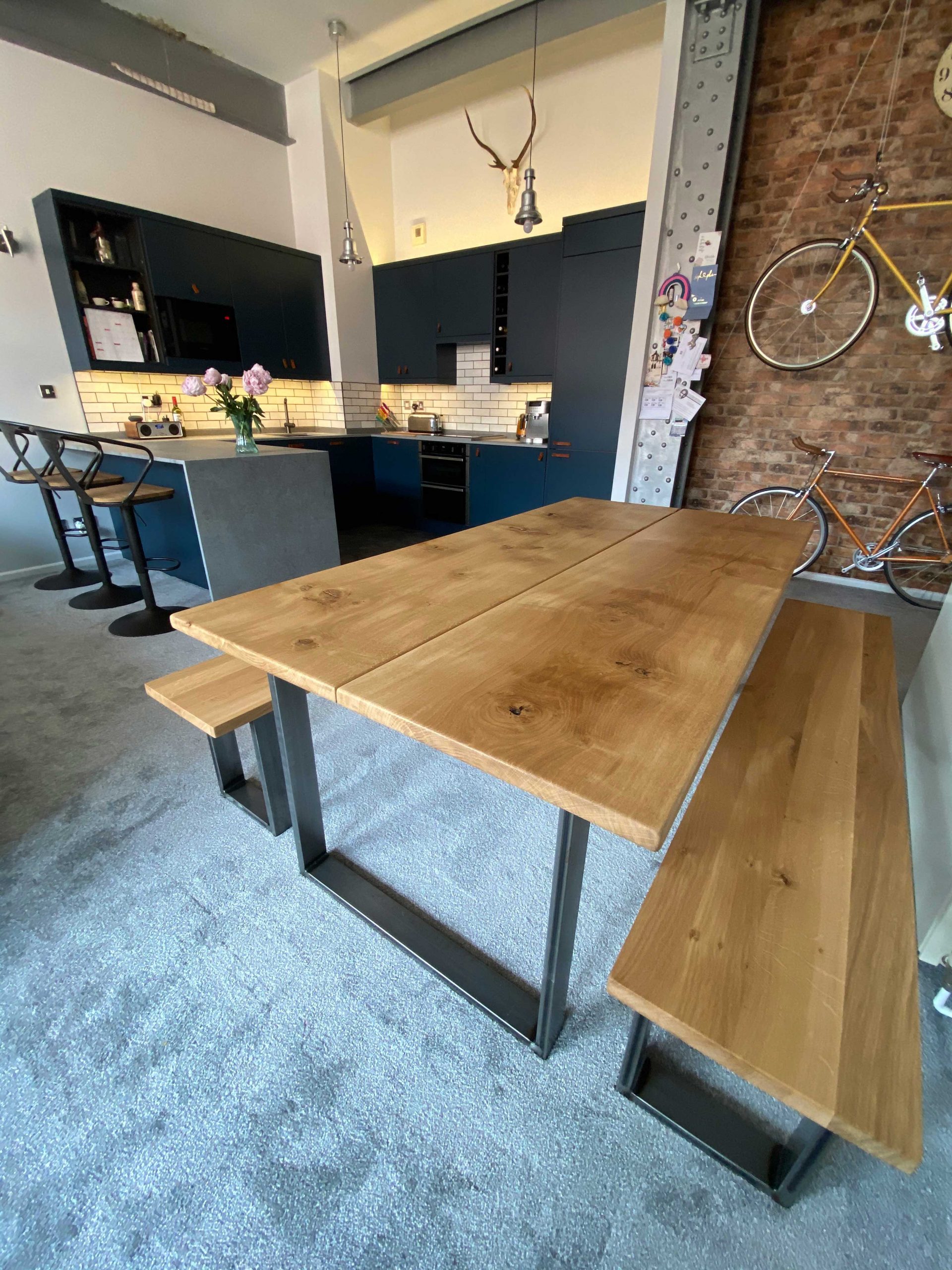

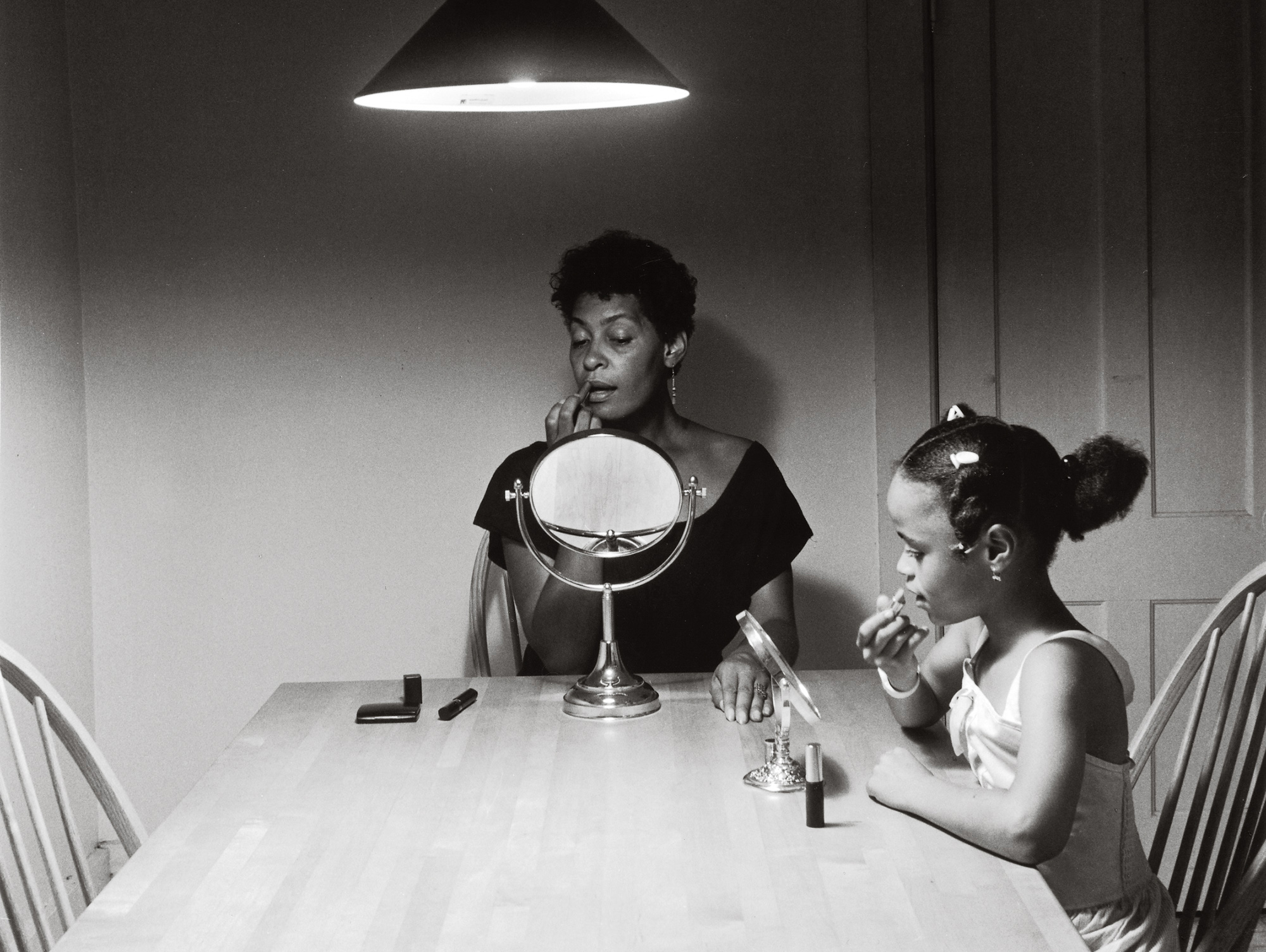

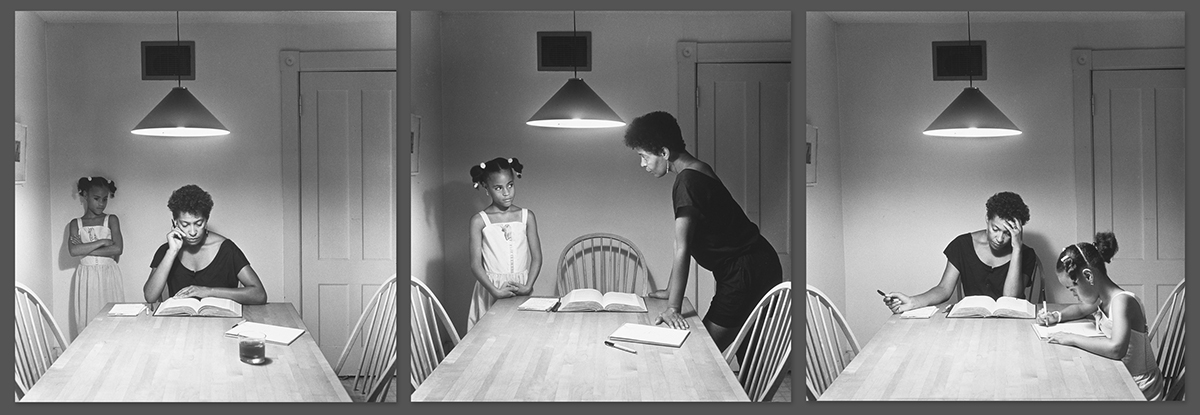




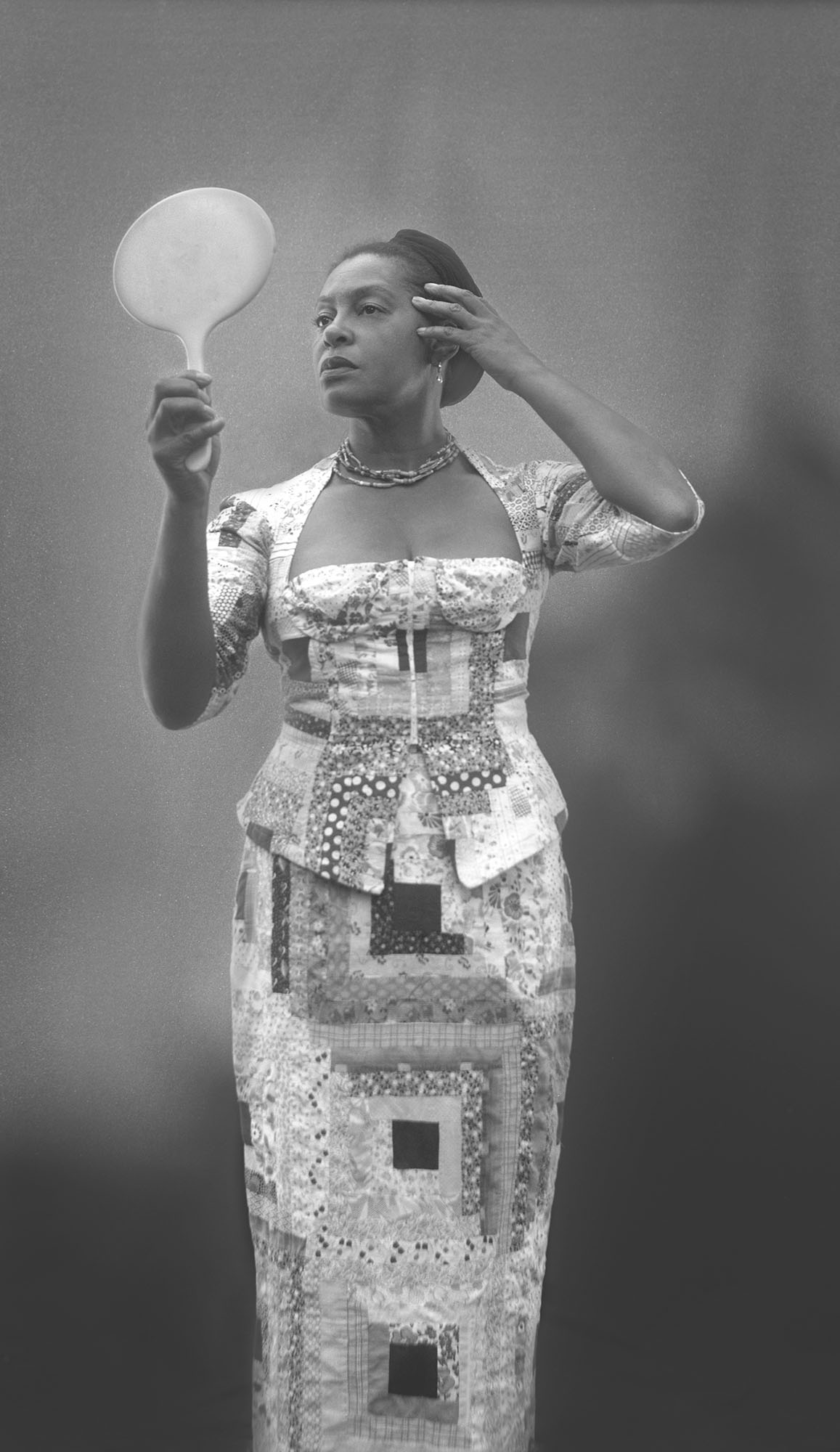








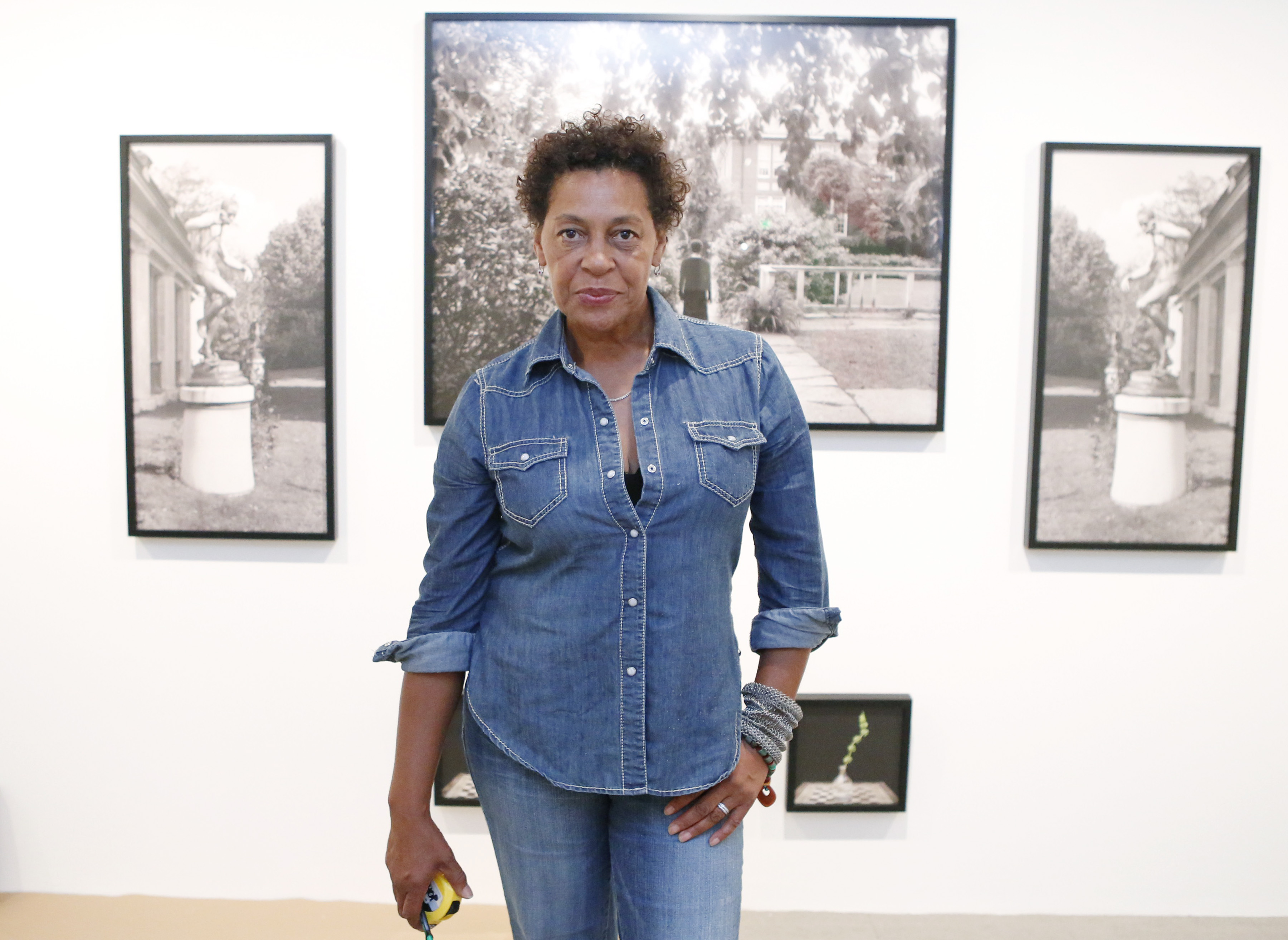
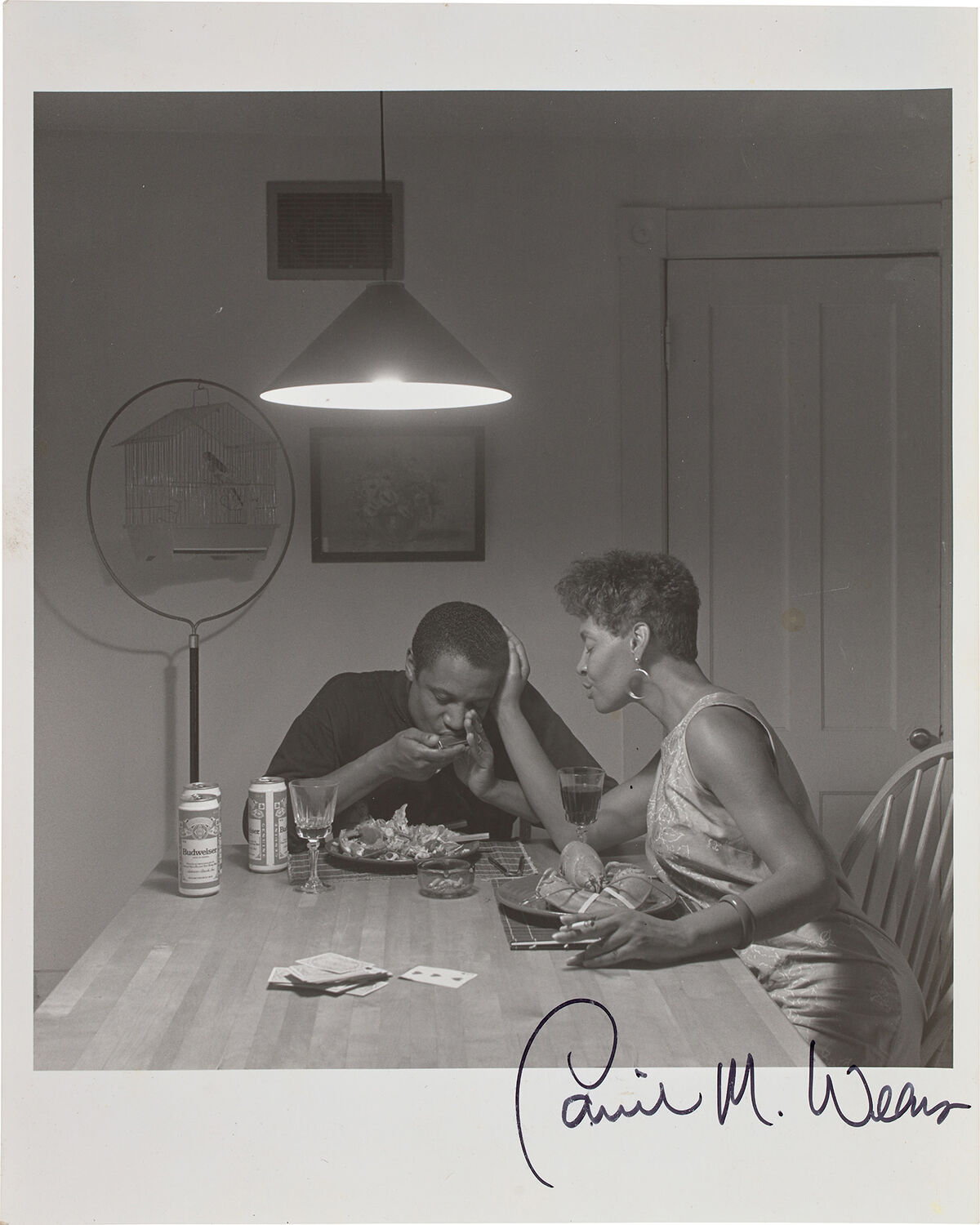





.jpg)














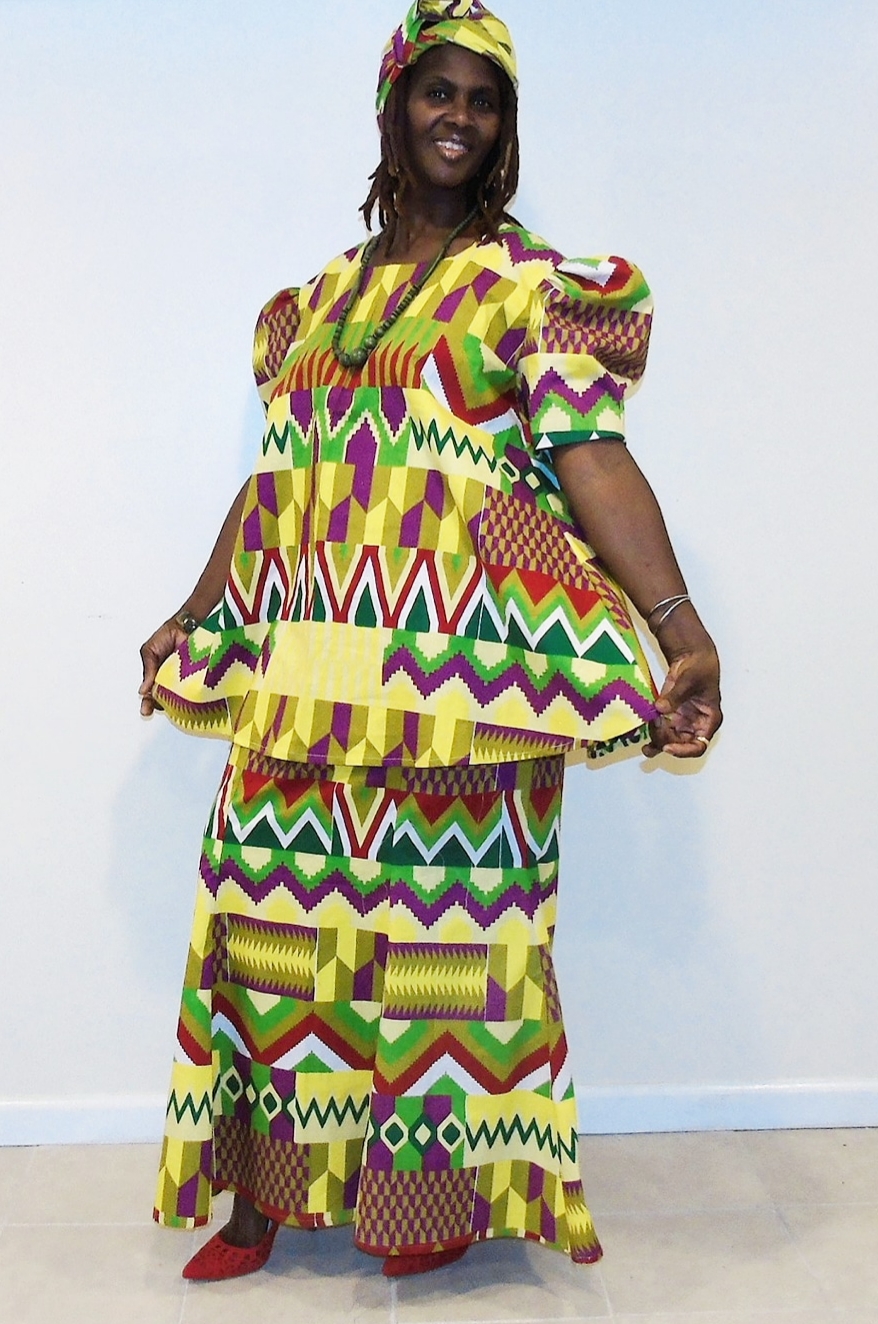

:max_bytes(150000):strip_icc()/MLK-589c7eaf3df78c4758d16d97.jpg)


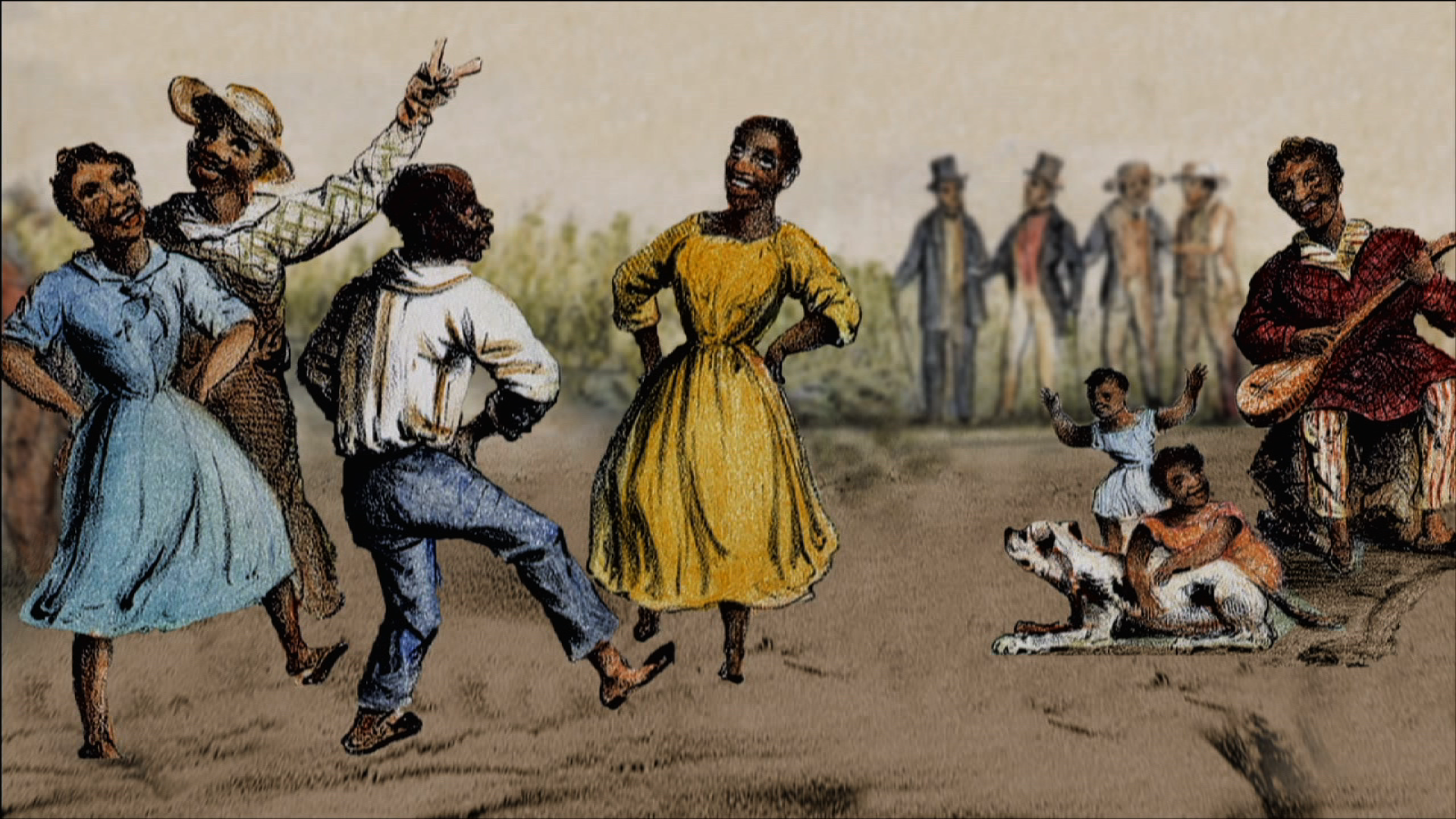
:max_bytes(150000):strip_icc()/Maya-Angelou-589c7dbe3df78c4758cf0abe.jpg)



